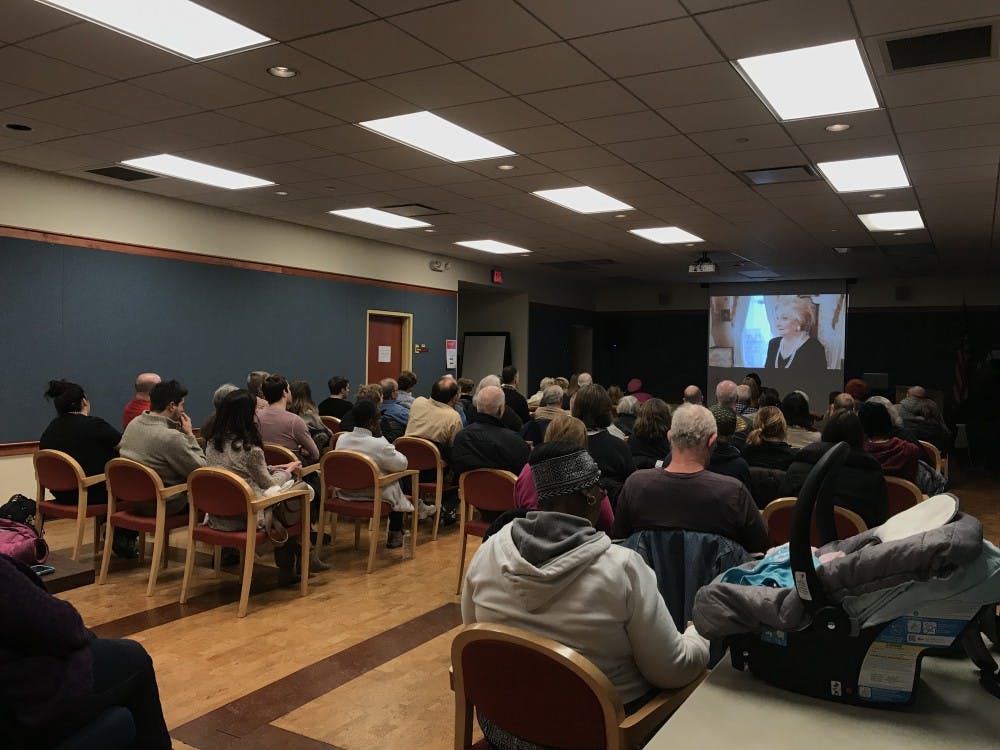It’s been almost a year since President Donald Trump was sworn into office, which is what brings Gary Younge, editor-at-large for The Guardian, back to Muncie.
RELATED: Guardian journalist focuses on Muncie in election series
In October 2016, Younge came to Muncie to write a nine-part election coverage series. He chose Muncie because of its history as Middletown — a term two researches in the 1920s used to describe Muncie during a case study for the typical American city — and because Delaware County has historically been a swing county. The county voted for both Trump and former Democratic candidate Bernie Sanders, something Younge said gave him an opportunity to look at issues of alienation between the base and the political class.
Since completing his election coverage in Muncie, Younge went on to make a documentary “Angry, White & American,” which premiered on Nov. 10, 2017, on Channel 4 in the United Kingdom and had yet to be shown in America, he said, until now.
Younge, in collaboration with RACE Muncie, showed the film at the Maring-Hunt Public Library Saturday.
The aim of the documentary, he said, was to look at the pain and privilege of white America through issues in white communities such as the opioid and economic crises and even the "alt-right," or white nationalist movement.
“The idea was, as I pointed out in the beginning, was to turn the anthropologizing gaze around. People talk about black people all the time, and in my mind, they don’t talk about white people enough,” Younge said.
While Younge said he didn’t see the parallels between Muncie and places he filmed the first time around, he did on his second visit.
“My memory of Muncie is very segregated by race and class,” Younge said. “I knew from being here that there was a real problem with opioid crisis, opioid misuse and also the decimation of industry, manufacturing and a sense that in a previous generation, or maybe two, there were expectations that people could have about how their lives would be and that that had been removed.”
What set Muncie a part from the places his visited for the documentary, like Johnstown, Pennsylvania, was that Muncie has Ball State, he said.
For Judith Hill, a lifelong Muncie resident, the issues presented in the documentary are similar to those in her community.
“We’ve been talking and talking and nothing changes because you got to do, talk is cheap. If it’s not, you got to bring it from the heart, from within for change … but there will not be a change unless something is hurt because it makes you think,” Hill said.
Contact Mary Freda with comments at mafreda@bsu.edu or on Twitter at @Mary_Freda1.





